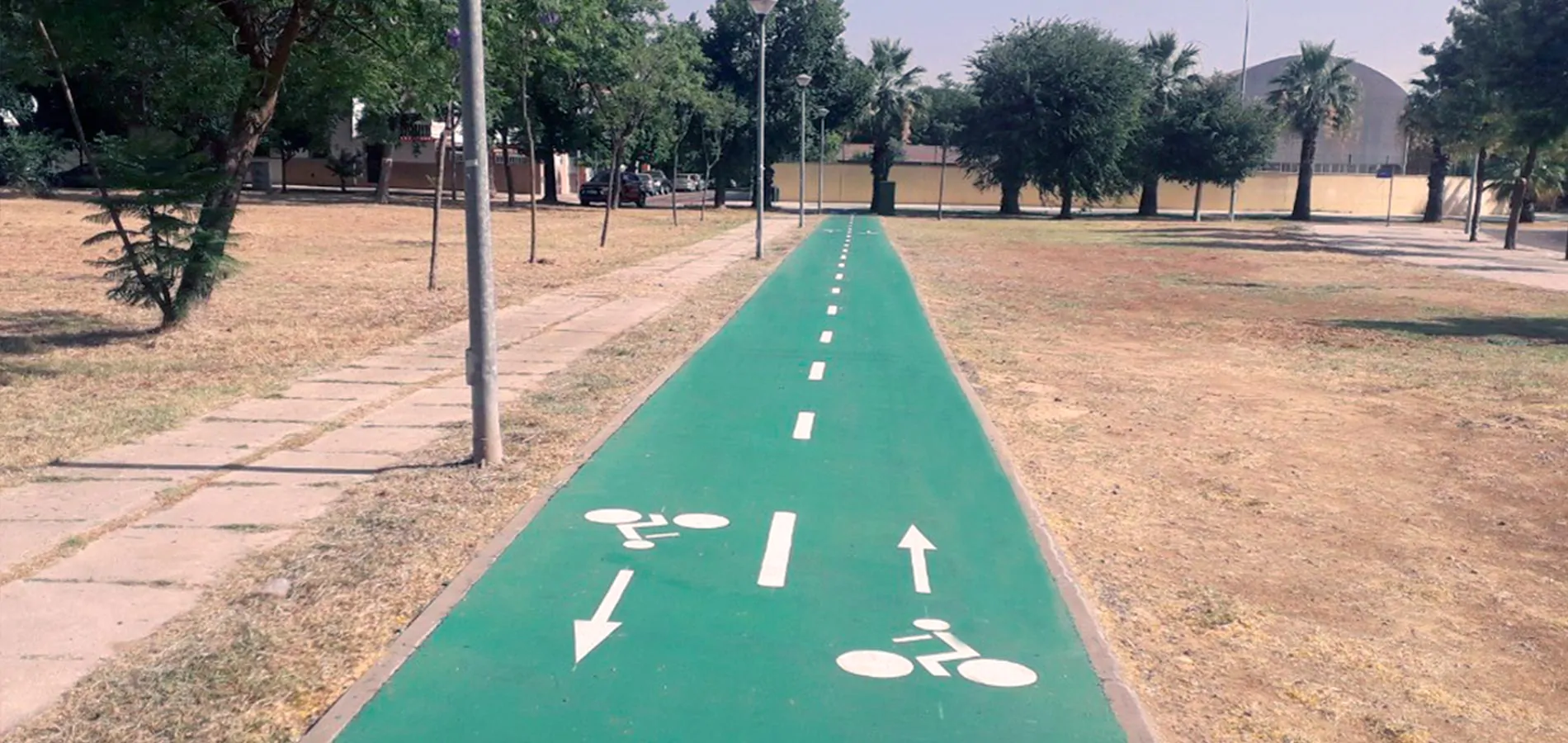In the context of climate emergency and growing urbanisation, the need to configure new, more sustainable urban models that ensure the well-being of people and the protection of the environment as fundamental pillars has become evident.
In this context, traffic and urban mobility management is a transformation lever for improving cities.. The rise of technologies has led to the growth of new challenges, such as the increase in courier transport due to e-commerce or the popularisation of personal mobility vehicles (PMVs) such as scooters; but also great opportunities for the transformation of the reconfiguration of cities such as the 15 Minute City model, to design cities of proximity in which inhabitants can access all services within a fifteen-minute radius on foot or by bike.
Public authoritiess are designing urban mobility plans (UMPs) to promote new mobility strategies and intelligent and more sustainable transport that reduce the concentration of vehicles in urban centres or the connection of rural areas with cities to avoid the overcrowding of cities and the consequent reduction of the environmental impact in the generation of emissions.
These measures include: the implementation of the necessary infrastructure for the deployment of electric vehicles, the creation of lanes or platforms reserved for the BUS, an increase in the number of kilometres of bicycle lanes, or the extension of the metro or tram to provide access from medium-sized cities. They are also working on pedestrianisation: with footpaths around cities or along the coastline of coastal areas; the creation of car parks on the outskirts of cities next to bus interchanges; or new underground car parks, which are even being converted for use as last-mile transport logistics micro-hubs.
At Conacon Sando, we collaborate with public authoritiess by offering them sustainable urban mobility solutions through the construction, improvement and maintenance of infrastructures associated with the transport of citizens. We have extensive experience in urban mobility infrastructures with services such as: the maintenance and conservation of metro lines; construction, operation and maintenance of car parks; construction of bicycle lanes and pedestrian paths; maintenance and conservation of bicycle lanes; maintenance and conservation of signage and beacons; maintenance and preservation of high-density roads in cities; accessibility improvement service; execution of works for the reorganisation of squares and main arteries in the city; and maintenance of bus stops.
In our commitment to integrating innovative solutions in works and service contracts, at Conacon Sando, we implement R&D&i projects in collaboration with universities in mobility. These research projects include the Victoria Project, which consists of a technology for recharging the battery of an electric vehicle on the move. This project involves developing the first electric charging rail in Spain by dynamic induction. In line with this project, it is also worth mentioning our participation in the public procurement of ELECTROMOVES of the Andalusian Regional Government, aimed at finding solutions for bus lines with a reserved platform and the introduction of systems capable of carrying out electric charging by induction and on the move.
At Conacon Sando, we are committed to leading the transformation, taking advantage of our knowledge of the urban environment and mobility, and positioning ourselves as key partners in the maintenance and operation of mobility control centres and maintenance contracts for traffic regulation systems. As well as participating in constructing and maintaining the necessary infrastructure to implement Low Emission Zones (LEZs) in city centres with more than 50,000 inhabitants and in cities with more than 20,000 inhabitants with poor air quality.

Traffic and Urban Mobility
Holder Reconfiguring mobility for more connected and sustainable cities
Traffic and Urban Mobility
We offer mobility solutions that put green innovation at the heart of operations, enabling the design of new urban ecosystems.
Conacon Sando has extensive experience constructing, improving and maintaining urban mobility infrastructures. We have worked for various public authoritiess, offering solutions ranging from pedestrianisation with footpaths around cities, creating green spaces, constructing cycle lanes or bus platforms, and implementing electric vehicle charging points.